NOTE: This live blog is no longer available here, but I duplicated it in this Linkedin post that I published soon after the event.
Category: Venture Capital/M&A/Angels (Page 2 of 53)
gBETA, a program of the nationally ranked gener8tor accelerator, today announced the seven startups that were selected for  its gBETA Minneapolis Spring 2018 cohort.
its gBETA Minneapolis Spring 2018 cohort.
“gBETA works with some of the best and brightest companies in the community to help them achieve their goals and be successful in the long term,” said Eric Martell, managing  director of gener8tor Minnesota. “We couldn’t be more thrilled to work with seven impressive Twin Cities-based companies for the next seven weeks. Building successful companies is only possible with the support of the larger community, and we’re grateful to our mentors and supporters to be able to provide this service.”
director of gener8tor Minnesota. “We couldn’t be more thrilled to work with seven impressive Twin Cities-based companies for the next seven weeks. Building successful companies is only possible with the support of the larger community, and we’re grateful to our mentors and supporters to be able to provide this service.”
The seven companies selected for the Spring 2018 Minnesota gBETA program are as follows, in alphabetical order:
• enVerde repurposes carbon-containing waste into clean, sustainable energy and chemicals. Municipalities, commercial, and industrial organizations can decrease their operating expenses by significantly reducing their waste streams and creating clean fuels and heat they can use locally and immediately. enVerde’s patented gasification technology was built by a team with more than 180 combined years of cleantech experience. enVerde’s technology is based on intellectual property from the University of Minnesota.
• MANBOAT increases net tuition revenue and student success by optimizing admission and scholarship decisions. MANBOAT’s subscription-based service provides individualized student recommendations using patent-pending machine learning algorithms. MANBOAT launched in January 2018 and expects to reach $300K in annual recurring revenue by the end of the year.
• Spooky Action builds UAVs (unmanned aerial vehicles) that fly forever. Using a proprietary ground-to-air tethered power system, Spooky Action specializes in custom aerial intelligence solutions for applications where drones are too underpowered and helicopters are too cumbersome. Spooky Action’s UAVs were field tested, providing air support to anti-poaching teams in South Africa.
• Studioso modernizes music education by connecting students to teachers through its mobile app. Studioso serves both private and institutional music educators and works for all instruments. Studioso’s beta has more than 70 institutional preorders, 1500 Twitter followers, and 3 beta testing partners.
• Take 12 is a crowdfunding service that allows friends and family to relieve the financial stress of unpaid maternity leave for working mothers by giving financial gifts in lieu of a traditional baby registry. Take 12 also offers working moms planning resources and community support. In its first year, Take 12 helped 493 mothers navigate their maternity leave experience and helped raise $10,654.00 in financial gifts for new moms.
• WorkOutLoud hosts online communities connecting enterprise companies to their customers. WorkOutLoud enables community-wide collaboration, resulting in an improved customer experience. WorkOutLoud has lifetime revenue of $474K over the past 26 months, with 31% growth from 2016 to 2017.
• Y Translator provides the only complete translation services for YouTube videos. More than two-thirds of YouTube viewers – one billion – don’t speak English, and content creators are missing out on opportunities to triple their influence and revenue. Y Translator launched its website on January 22, 2018 and closed its first two translations in its inaugural week.
About gBETA
gBETA is a program of nationally ranked startup accelerator gener8tor. gBETA is a free accelerator for early-stage companies with local roots. Each program is capped at five teams, and requires no fees and no equity. gBETA currently operates in six locations: Beloit, Detroit, Madison, Milwaukee, Minneapolis, and Northeast Wisconsin. gBETA graduates have collectively raised more than $5.5M since 2015, and 50% have either gone on to participate in a full-time, equity-based accelerator or raised at least $50,000 in seed financing. More statistics here.
Selected companies receive:
• Access to a community of entrepreneurs including their fellow cohort members, as well as gener8tor and gBETA alumni.
• A formal relationship with at least 2-3 mentors with relevant expertise.
• Introductions to the gener8tor network of successful entrepreneurs, angel investors, venture capitalists, and technologists.
• Individualized coaching and mentorship from the experienced gener8tor team.
• Office space.
• $1M+ in deals and perks from vendors like SoftLayer, Rackspace, Amazon, PayPal, Zendesk, and Microsoft.
More information here.
About gener8tor
gener8tor is a nationally ranked accelerator that invests in high-growth startups. In addition to its gBETA program, three times a year it conducts 12-week accelerator programs in Milwaukee, Madison, and Minneapolis, in which it invests up to $140K in each of five startups who receive a concierge experience during these programs. gener8tor supports the growth of these startups through its network of experienced mentors, technologists, corporate partners, angel investors, and venture capitalists. The 65 gener8tor alumni have cumulatively raised more than $120M in follow-on financing. Of these, 57% have raised more than $1M or have been acquired. gener8tor invests in high-growth startups, including software, IT, web, SaaS, life science, medtech, ecommerce, and hardware. gener8tor is a proud member of the Global Accelerator Network (GAN) and is sponsored by American Family Insurance. It is a GOLD-tier accelerator in the U.S. as ranked by the Seed Accelerator Rankings Project. More information here.
————-
Disclosure: I’m a mentor for gener8tor Minnesota and gBETA 🙂
(Note: This interview first appeared at MinneInno.com — “Your Source for Local Innovation” in Minnesota: Innovation, Startups, and Tech.)
Few VCs have the success record of Brad Feld of Foundry Group in Boulder, Colorado, and even fewer as many writing credits. That includes several best-selling books. Well, now he’s uncorked another title, this time with coauthor Sean Wise, the subtitle of which addresses that vexing question most every would-be entrepreneur faces: when do I know it’s time to go all in and quit my day job?
I first met Brad in 2007, the year I began attending a tech conference he helped launch in Denver called “Defrag.” (And I reported on it every year for 10 years.) That was also the year Brad cofounded Techstars, and I was lucky enough to sit next to him at dinner and get the download on those plans. I so tried to get Minneapolis to become one of the Techstars cities, but, alas, it wasn’t to be back then. Eventually, of course, the accelerator found its way to Minnesota as our startup community strengthened, launching Techstars+Target and smaller programs at Mayo Clinic and Land O Lakes. Also, after years of encouraging Brad and his partner Seth Levine to look at investing in Minnesota, Foundry Group led a Series A in a startup they discovered called LeadPages, and they continue to watch what’s happening here.
When I got a look at Brad’s new book, and loved it, I immediately wanted to know more.
Q: Brad, were you surprised this book so quickly hit the list of top five best-selling business books on Amazon?
Yes. While I was confident that it would be popular, especially at a discounted price for a short period of time, I was overwhelmed and excited by the number of people who grabbed a copy.
Q: The original version of the book was published in 2014. Why did you and your coauthor decide to publish a second edition?
The first edition was published by FG Press, a publishing company that my partners and I at Foundry Group started. FG Press wasn’t successful so we shut it down, but we were proud of “Startup Opportunities” as a book. I had previously (and am currently) publishing with Wiley. They were enthusiastic about doing a second edition of the book. We added a few chapters, cleaned stuff up, and had Chris Sacca write a foreword.
Q: While the title of book is somewhat bland, the subtitle — “Know When to Quit Your Day Job” — is certainly not. Tell us about that came about, and why.
My coauthor Sean came up with it. He is quick with a one-liner and often talked to his students about the key to starting a new business was to identify the right opportunity. He often said that “friends don’t let friends pursue bad opportunities,” and one day the line “Know When to Quit Your Day Job” popped out.
Q: You make it very clear the book is intended primarily for first-time entrepreneurs. But it’s no secret they have a hard time getting attention from VCs. Is the book your way of trying to help the many thousands you have to say “no” to? I’m of course alluding to your famous blog post in 2009, “Saying No In Less Than 60 Seconds.”
When I look at the hundreds of companies I’ve funded (well over 500 at this point), greater than 50% of them were started by first-time entrepreneurs. However, even if I’ve invested in 300 companies started by first-time entrepreneurs, I’ve probably said no to 10,000 or more. I often get asked for feedback after telling someone no. Given that volume, there is no way to give people deep feedback. So, I thought a book around Startup Opportunities would be helpful to be able to point at.
Q: Of all the things this book tries to teach entrepreneurs — the realities of doing a startup — what’s the one thing you find is the hardest for them to understand or accept?
That the idea is useless. Ideas are cheap. Ideas flow freely. Lots of people have the same idea at the very beginning. The idea is not what matters. It’s what you do with the idea that matters.
Q: Are millennial entrepreneurs different? What would you say about their expectations? Are they coachable?
I work with entrepreneurs born between 1950 and 2000. Everyone – each entrepreneur – is different. I wouldn’t categorize them by the generation they belong to.
Q: Why are early-stage investors so focused on “the team”?
It’s really hard to be a solo entrepreneur. Having a great, effective, and well-functioning founding team makes an enormous difference. And, the greatest killer of startups is team issues.
Q: Knowing you have, in fact, invested in first-time entrepreneurs in your day, have many of those been financial winners? And will you continue to invest in first-time entrepreneurs?
Yes and yes. Many of the successful companies that I’ve been an investor in have been started by first-timers. And, if you look at my last few investments, I think each of them has at least one first-time entrepreneur on the team.
Q: You’ve written or cowritten so many great books for entrepreneurs. How do you keep it up? Do you have a writing schedule? You’re also a prolific blogger. How many hours per week do you devote to writing?
I try to blog daily, but I go through phases where I need a break because I don’t feel like my writing is fresh. I’m in one of those modes now and have taken a few weeks off from blogging and am getting ready to start again. Regarding my books, I go through phases. I’ll have very productive periods where I can write for two or so hours a day. I then have long stretches, often many months, where I don’t work on any books. My general pace right now is about a book a year, but it’s lumpy. I don’t really segment my time carefully, so I don’t really know how much I write each week. And, I spent a ridiculous amount of time writing email – does that count?
Thanks, Brad. The new book is fantastic. Congratulations to you and your coauthor, Sean Wise. We’ll continue here in Minnesota to practice the things you recommend in another of your great books, “Startup Communities.”
Need a new list for the new year? And I don’t mean a list of predictions — save us from more of those. I mean a list of hot startups, in the hottest space of all this year: Artificial Intelligence.
 CB Insights just uncorked “The AI 100” at its Innovation Summit, now going on out in
CB Insights just uncorked “The AI 100” at its Innovation Summit, now going on out in sunny rain-drenched Santa Barbara. (Well, guys, at least you were going to be indoors most of the time, anyway.)
Yes, last year may have been all about Big Data, but this year it’s AI. Note, however, that the former isn’t out of vogue. It’s just that things are… evolving. And sort of blending. The algorithms of AI, which is actually a technology that’s been studied for decades, hunger for data — huge amounts of it. The more the better, and the higher quality the better. It’s only in recent years that enough good data, and the tools to manipulate and analyze it, have become available to drive advances in AI. And those advances are coming at us in increasing, amazing waves.
So, dig in to The AI 100 PDF. Herewith a couple of screen grabs from the report: a graphic showing the various categories of companies, and an alphabetical listing of the all the lucky chosen. (Most of which have been well funded, and many of which are already well into revenue stage.) 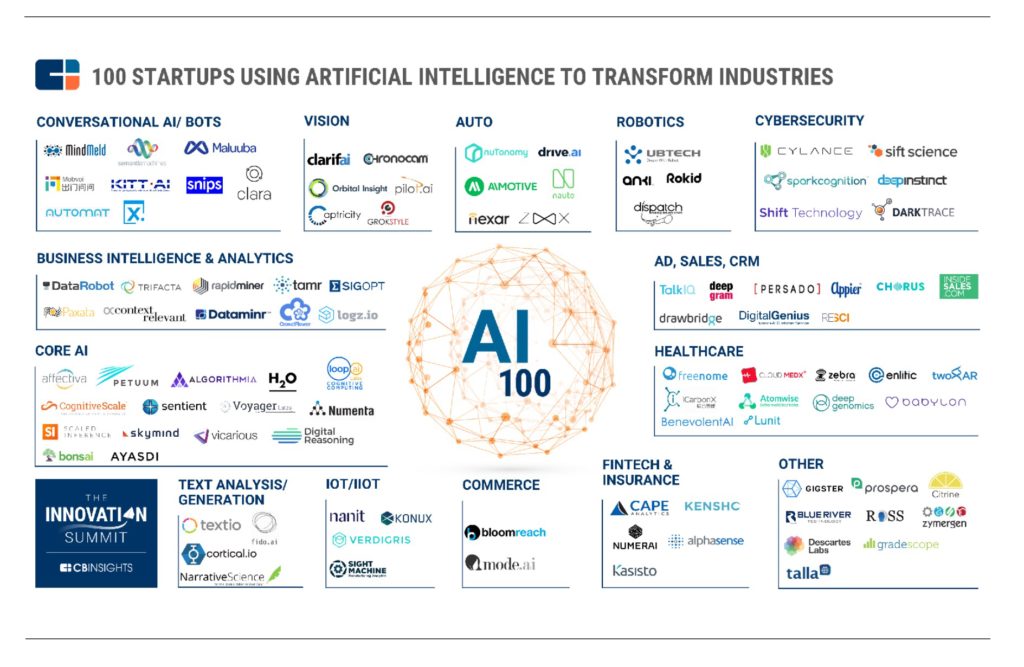
Once again, I live-blogged the Defrag Conference in Denver. This is the tenth year of this great annual tech event, and I’ve attended them all. The original idea was to get together to defrag our brains and stop to think about where technology is headed — what’s coming next. I’ve met and interviewed so many great people at this event over the years: Brad Feld, Seth Levine, Fred Wilson, David Cohen, T.A. McCann, and tons of other tech leaders, investors, authors, and more. Not to speak of many fellow tech observers, analysts, writers, bloggers, PR people, and notable geeks who’ve come to be frequent collaborators and friends. I’ve also connected with old buddies, like the authors of The Cluetrain Manifesto, and shared some huge laughs. Attending this conference is almost like going to camp each year. I just wouldn’t miss it! (Especially when I was one of only three guys who had perfect 10-year attendance records.) Eric and Kim Norlin and their team do such a great job putting on Defrag.
So, what was on tap for discussion at the 10th annual? Lots of topics: AWS Lambda, microservices, blockchain, APIs, machine learning, AI, insights about developer marketing, bare-metal cloud, and other geeky stuff — presented by an impressive band of speakers… founders, CTOs, rock-star developers, tech evangelists, and other crazy folks. Always a fun event. And what you don’t learn in the big room, well, you can learn in the Tap Room each night till the wee hours. (Oh, and we talk a lot about sports, too!)
I posted my play-by-play updates from Wednesday morning November 16 through Thursday afternoon November 17, 2016 — live, in real-time from the Omni Interlocken Resort, in beautiful (warm and sunny!) Colorado… well, until it snowed in the final hours.
———–
NOTE: Unfortunately, updates to WordPress software since I originally published this post caused the live blog plugin to break. I got no warning. Nice going, WordPress! So, my content appears to be lost forever… 🙁
I guess you just had to be there! Trust me, it was good.
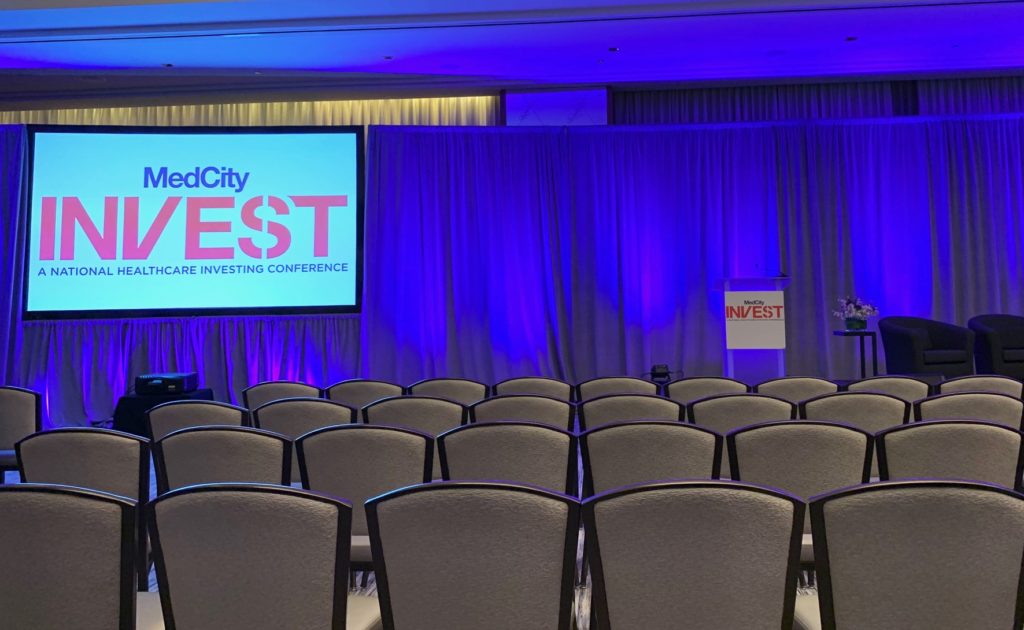
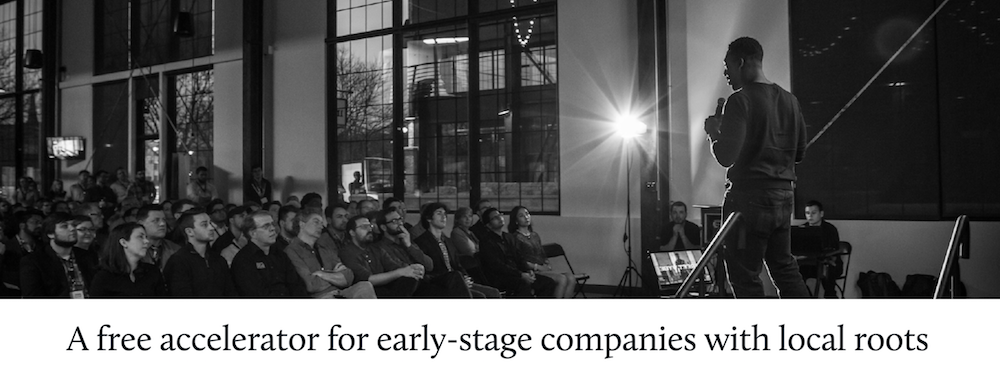
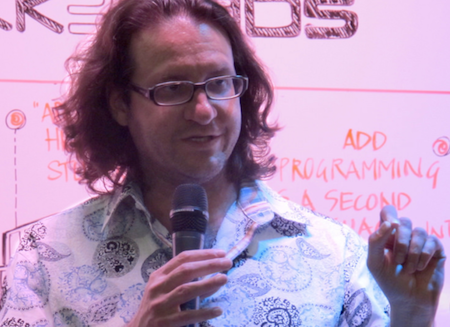
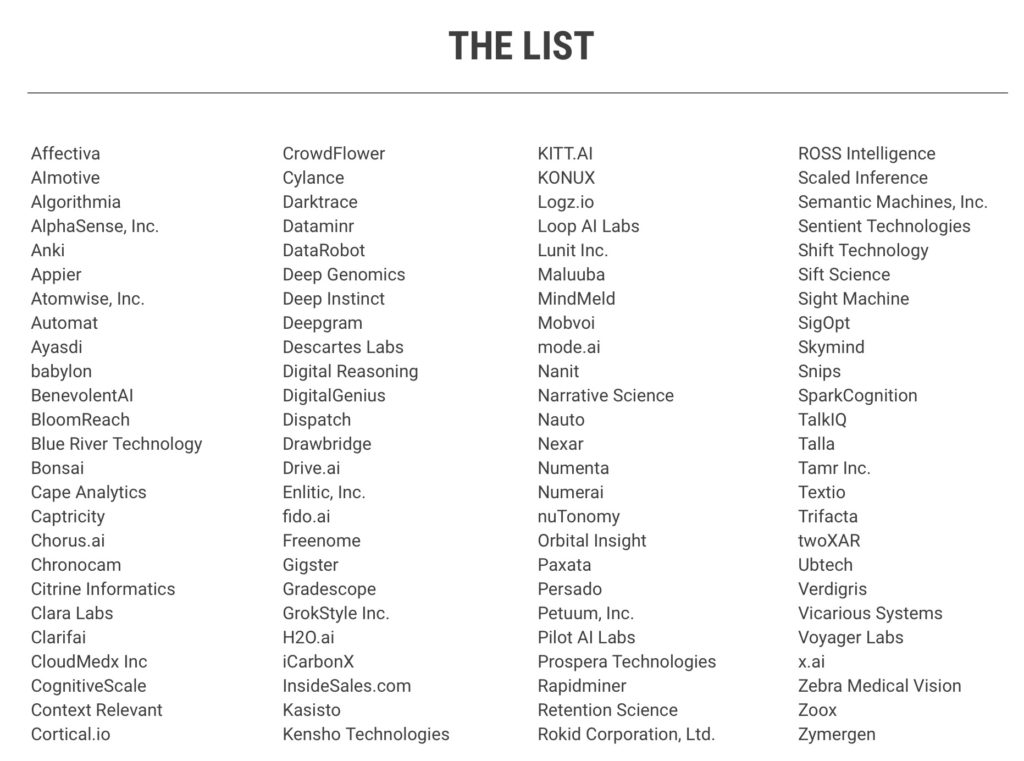


Recent Comments